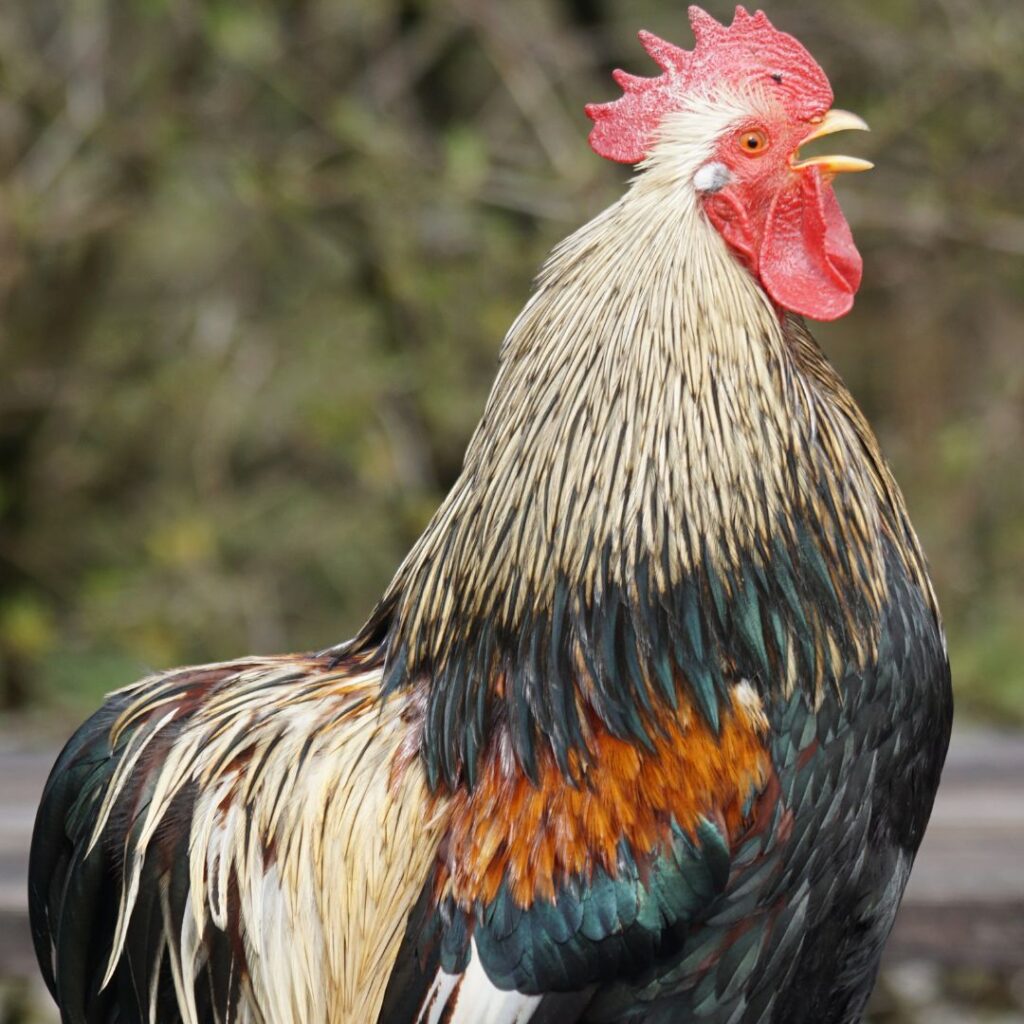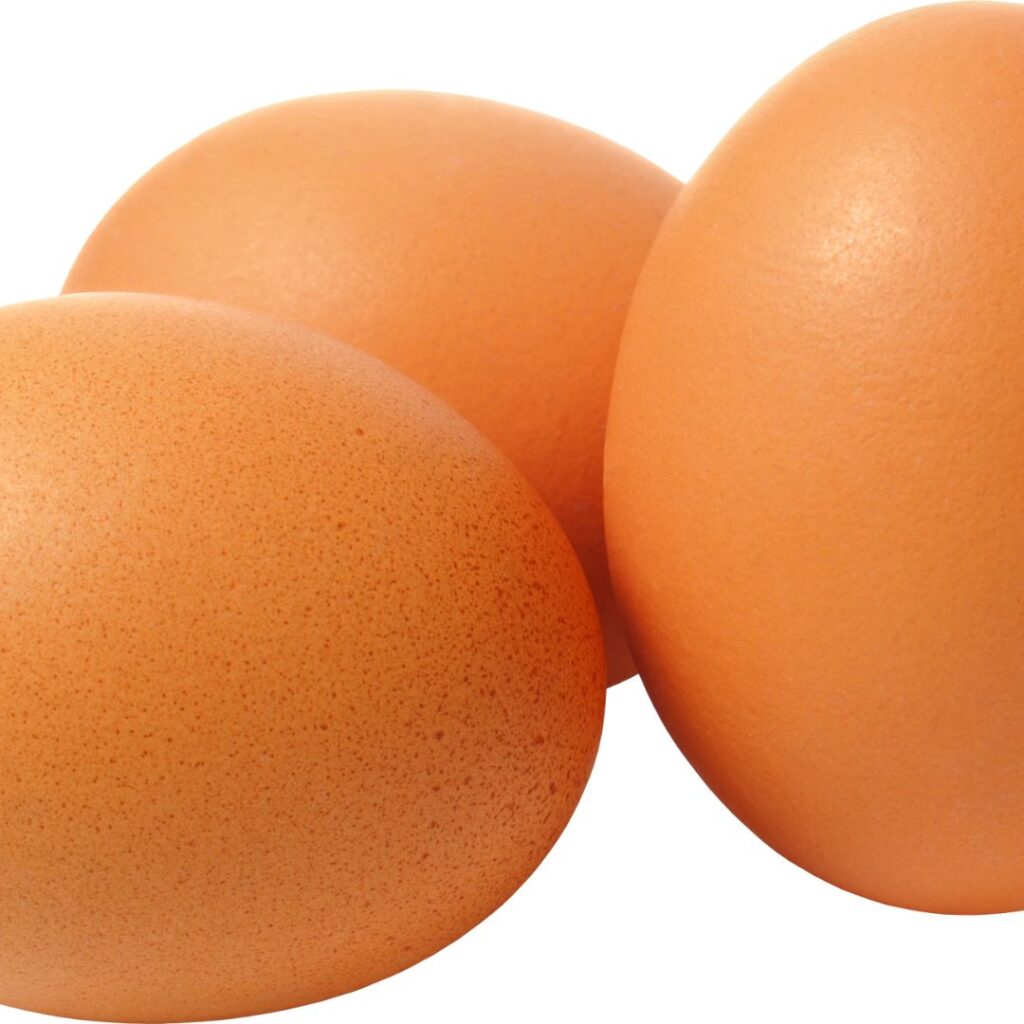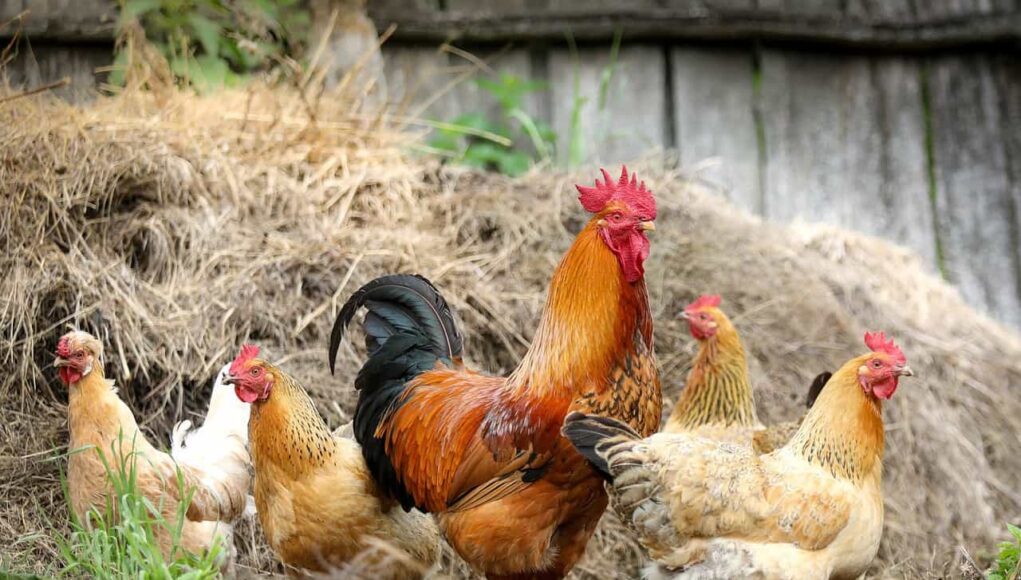Raising chickens for egg production has become incredibly popular among backyard poultry enthusiasts and small-scale farmers alike. When it comes to determining what is the best breed of chicken for eggs, there are several factors to consider: egg production, temperament, adaptability, and care requirements.
In this comprehensive guide, we dive deep into the world of egg-laying chickens, addressing what is the best breed of chicken for eggs, and providing all the essential information needed to make an informed decision.

Why Choose the Right Chicken Breed for Eggs?
Consistent Egg Production
The primary reason for selecting the right breed is to ensure a steady supply of eggs. Some breeds are renowned for their prolific egg-laying capabilities, making them ideal for those who rely on consistent egg production.
Temperament and Behavior
Aside from egg production, it’s important to consider the temperament and behavior of the chicken breed. Friendly, docile breeds are preferable for families and beginners, while more assertive breeds might require experienced handling.

Top Egg-Laying Chicken Breeds
1. Leghorn
The Leghorn is often considered the gold standard for egg production. Known for laying large white eggs, this active and hardy breed can produce up to 280-320 eggs per year.
2. Rhode Island Red
Beloved by poultry keepers for their resilience and excellent egg production, Rhode Island Reds can lay around 260-280 brown eggs annually. They are adaptable and thrive in various climates.
3. Sussex
The Sussex breed comes in a variety of colors and is known for its consistent egg-laying ability, producing approximately 250-270 eggs per year. Sussex chickens are friendly and make great pets.
4. Plymouth Rock
Plymouth Rocks are a dual-purpose breed, meaning they are good for both egg production and meat. They typically lay around 200-220 brown eggs annually and are hardy birds with a mellow disposition.
5. Australorp
The Australorp, especially the black variety, is famed for its world record egg-laying performance. These chickens can produce up to 250-300 brown eggs per year and are known for their calm temperament.

Factors to Consider When Choosing a Breed
Climate Adaptability
Depending on your location, it’s important to choose a breed that can handle the climate. Some breeds are cold-hardy, while others thrive in warmer conditions. For instance, the Plymouth Rock is well-suited for colder climates, while Leghorns handle heat better.
Space and Housing Requirements
Your available space will also influence your breed selection. Some breeds are more active and require more space to roam, while others are content in confined areas. Leghorns, for example, are active and benefit from larger outdoor spaces.
Feeding and Care
Different breeds have different feeding and care requirements. Some may need specific diets to maintain optimal health and egg production. Ensure you research the dietary needs of your chosen breed for the best results.

Health and Disease Resistance
Research the Breed’s Health
It’s essential to choose a breed with a strong genetic resistance to common poultry diseases. Rhode Island Reds and Australorps, for example, are generally hardy and disease-resistant.
Regular Health Checks
Maintain regular health checks and vaccinations for your flock to prevent illnesses and ensure consistent egg production. A healthy flock is a productive flock.
Housing and Shelter
Provide Adequate Shelter
Proper housing is crucial for protecting your chickens from predators and harsh weather. Ensure your coop is well-ventilated, secure, and provides enough space for each bird.
Nesting Boxes
Installing sufficient nesting boxes is essential for egg production. Each chicken should have access to a clean and comfortable nesting box to lay her eggs.
Feeding for Optimal Egg Production
Balanced Diet
A balanced diet rich in protein, calcium, and other essential nutrients is vital for optimal egg production. Commercial layer feeds are specifically designed to meet the nutritional needs of laying hens.
Supplemental Food
Consider providing supplemental food such as oyster shells for calcium and fresh greens and vegetables for added nutrition. Fresh water should always be available.
Conclusion
In conclusion, selecting what is the best breed of chicken for eggs involves careful consideration of various factors, including egg production, temperament, climate adaptability, and care requirements. By understanding the strengths and needs of different breeds, you can make an informed decision that suits your needs and ensures a happy, healthy, and productive flock.
FAQs
Q1: Which breed is best for beginner poultry keepers?
A1: The Australorp and Sussex are excellent choices for beginners due to their friendly temperament and reliable egg production.
Q2: How many eggs can I expect from a Rhode Island Red?
A2: Rhode Island Reds typically produce around 260-280 eggs per year, making them one of the top egg-laying breeds.
Q3: Do I need a rooster for my hens to lay eggs?
A3: No, hens will lay eggs without a rooster, but the eggs will be unfertilized and cannot hatch into chicks.
As an Amazon Associate, I earn from qualifying purchases.
Read more articles about chicken breeds: Blue Eggs, Most Eggs, Smallest Breed, Top White Eggs, and Green Eggs.
For more on chicken care, visit Caring for Chickens 101.









